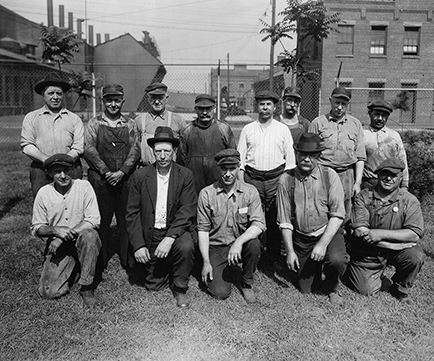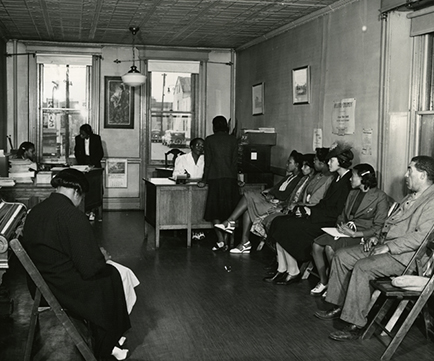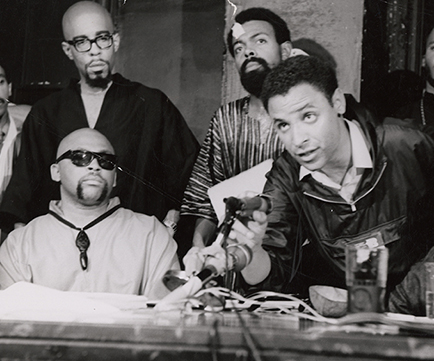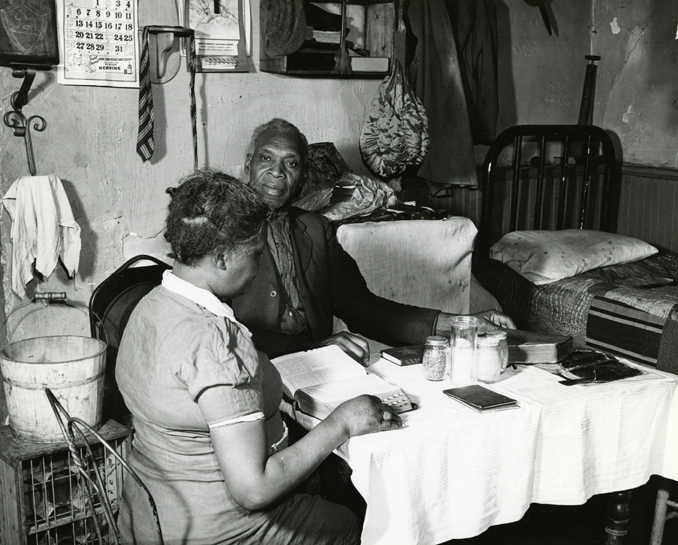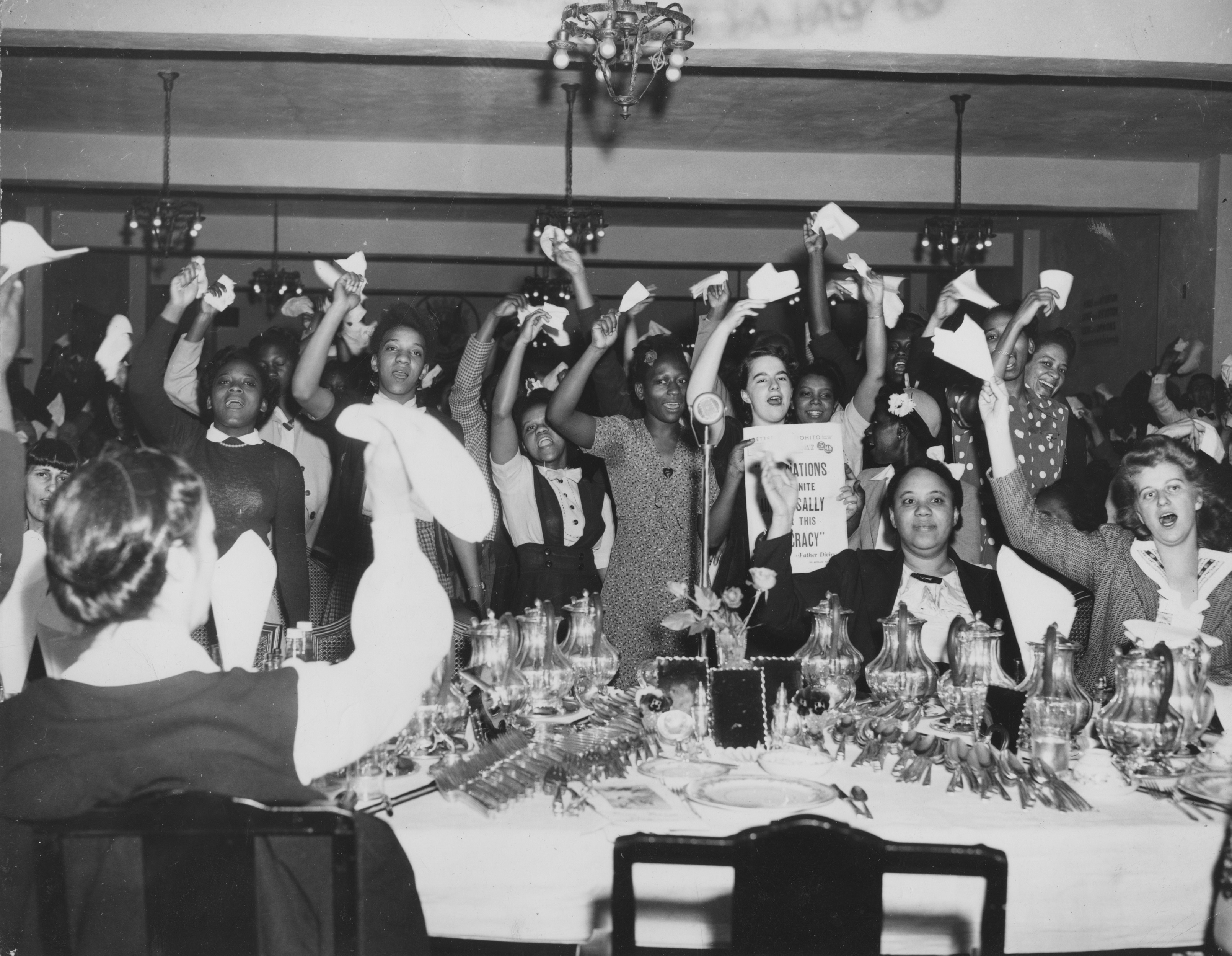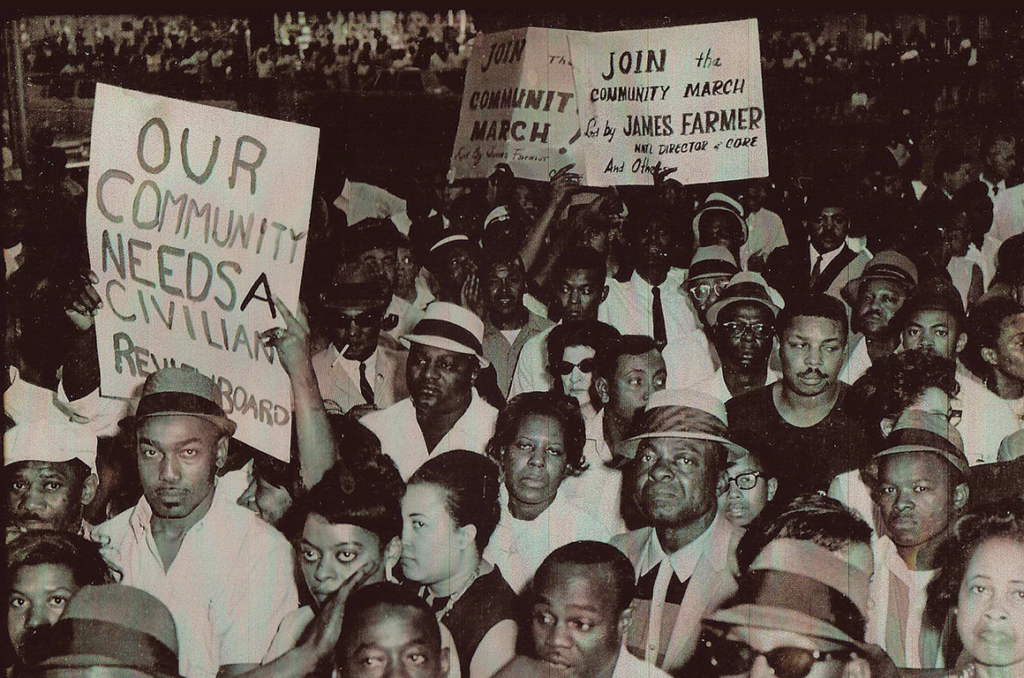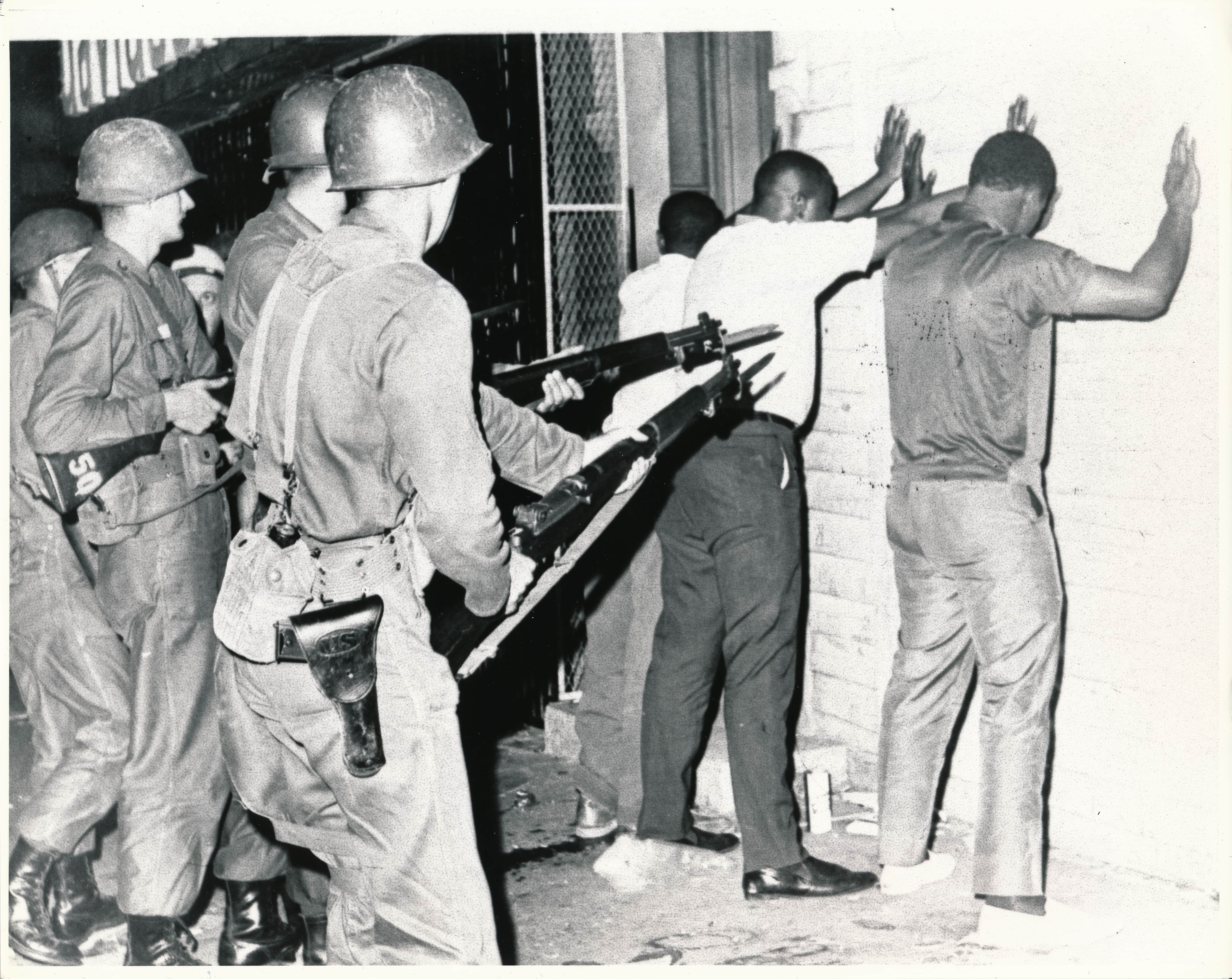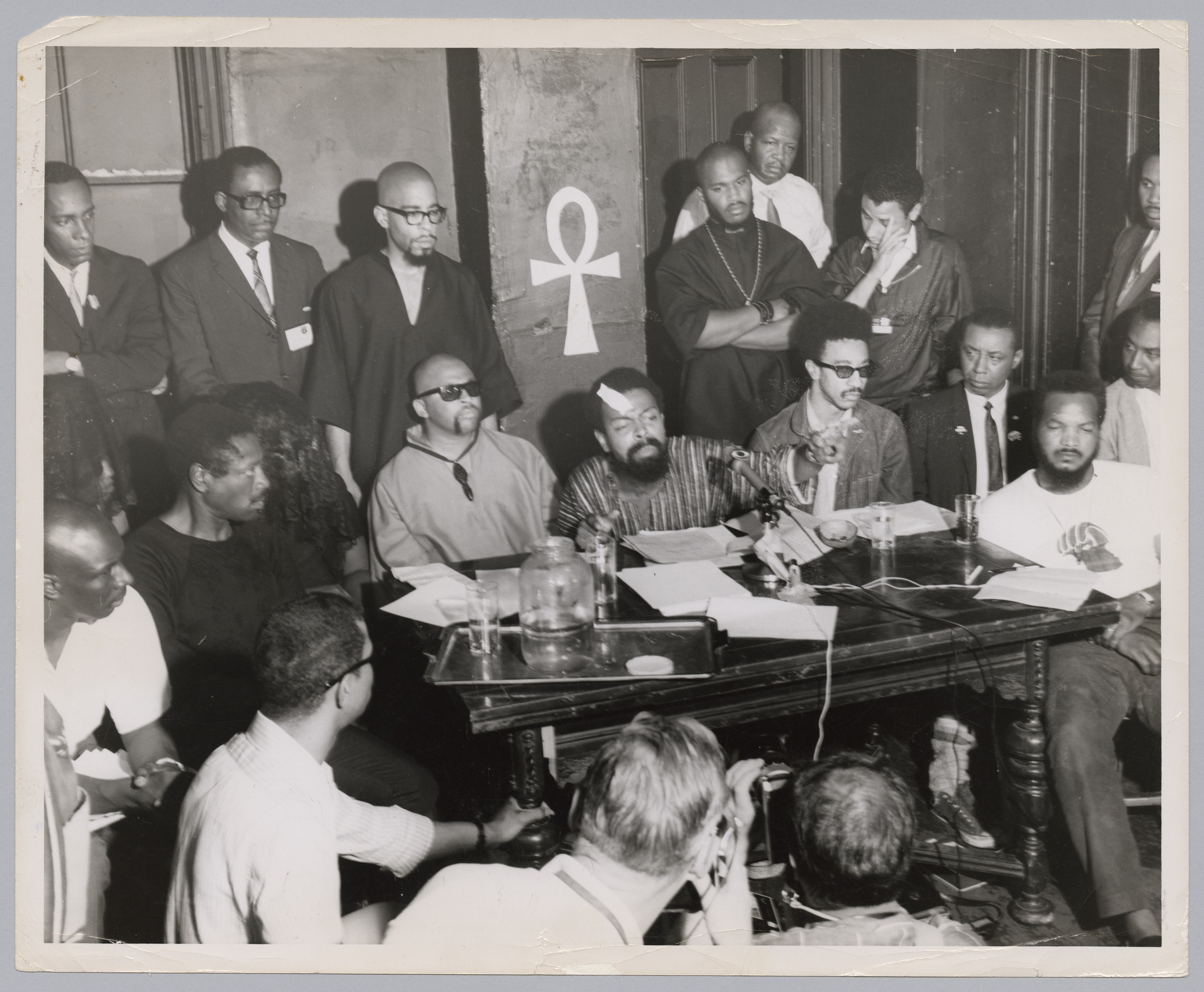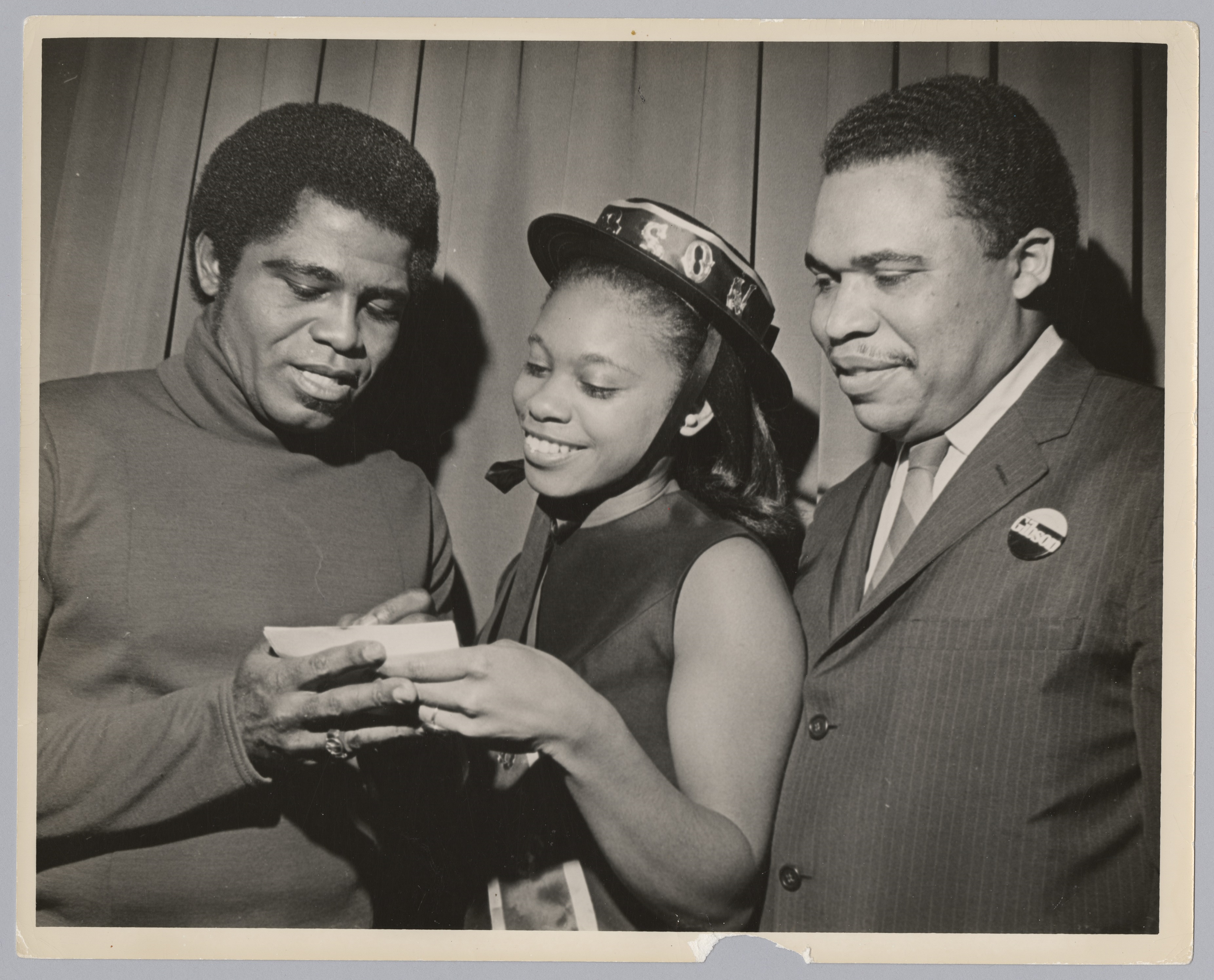Engage with History,
Inspire our Tomorrow
#RealTalk: Who will tell our story?
If people don’t tell their own stories about black power, their own adventures and interpretations of “the truth” as they saw it, what will happen to their individual and collective voices? A need to record these voices and educate our next generation birthed The North: Civil Rights and Beyond in Urban America. Our interactive archive preserves the stories of the “foot soldiers” in the Civil Rights and other Movements in the North, starting with Newark, NJ.
“The North” identifies and highlights organizations and individuals who were instrumental in advancing the cause of black empowerment in each city studied; and the opposition they faced in critical steps along the way.
Press Play: Hear Their Voices
Visualize the Journey
But then one day we looked around and realized that many of our friends (and enemies) who made that journey, or similar journeys, were no longer with us….to laugh with, relive old conquests, or just tell lies. Too many have moved to places unknown, gotten sick, or passed on to the next life.
So many of our collective stories go untold.
These stories must be told.
– Junius Williams, Civil Rights Leader –

